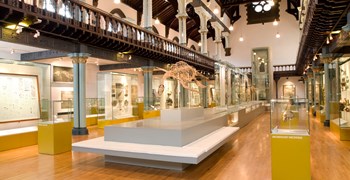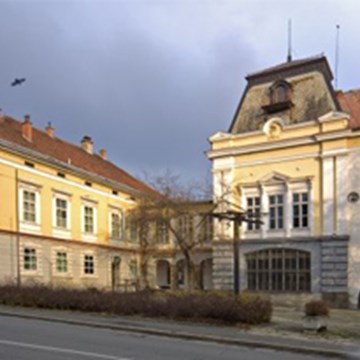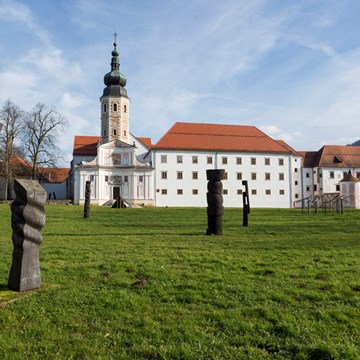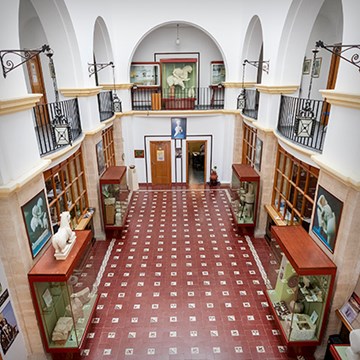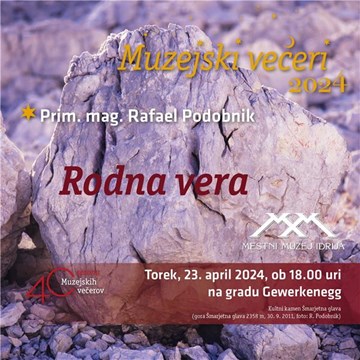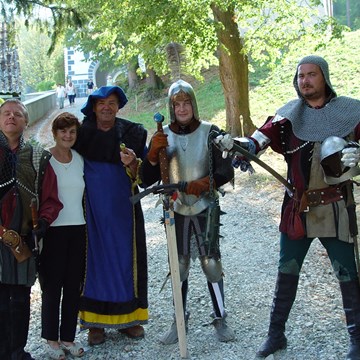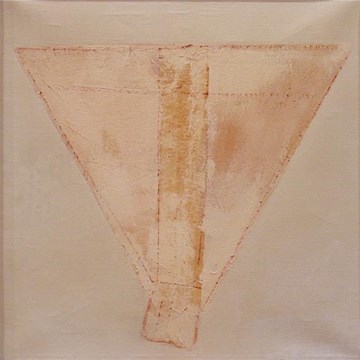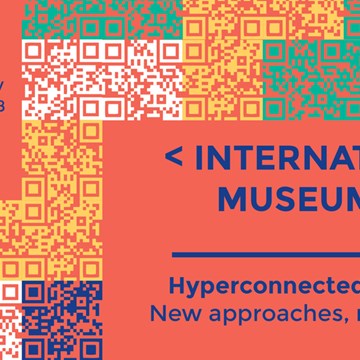Cradle of Scotland
Cradle of Scotland combines original artefacts found by the University of Glasgow’s Strathearn Environs and Royal Forteviot (SERF) project with replicas and visualisations, creating a stunning exhibition that explores the archaeological history of Scotland.
Forteviot has a special place in Scottish history and archaeologists from the University of Glasgow have been exploring the area since 2006. The death of King Kenneth mac Alpin, one of the first kings of a united Scotland, was recorded at the ‘palace’ of Forteviot in AD 858 when the site was a major royal centre in the fledgling Scottish nation. Forteviot is also the location of one of the most extensive concentrations of early prehistoric ritual monuments in mainland Scotland.
Cradle of Scotland also showcases the latest advances, technologies and discoveries in Scottish archaeology. Visitors will learn about the modern archaeological process in Scotland, and about the application of latest investigative and reconstructive methods.
Suitable for
Family friendly
Website
www.gla.ac.uk/hunterian/visit/exhibitions/major%20exhibitions/cradleofscotland/#d.en.375410
Source: http://www.culture24.org.uk//sc000244?id=EVENT515519
Exhibitions and events

The Mackintosh House
Permanent exhibitionThe Hunterian Art Gallery houses one of the most important collections of the work of Scottish architect, designer and artist, Charles Rennie Mackintosh (1868-1928) and his artist-wife, Margaret...

Hunterian Art Gallery
Permanent exhibitionThe Hunterian Art Gallery boasts one of the most distinguished public art collections in Scotland. Its permanent displays include works ranging from Rubens and Rembrandt to the Scottish Colourists...

Lord Kelvin: Revolutionary Scientist
Permanent exhibitionThis permanent display is based around the life and work of William Thomson, or Lord Kelvin, Glasgow's greatest scientist. ‘Lord Kelvin: Revolutionary Scientist’ uses The Hunterian's world-famous...

A Healing Passion: Medicine in Glasgow Past and Present
Permanent exhibitionThe Hunterian was built on the founding bequest of Dr William Hunter whose medical collections were the core of his career, museum and success. ‘A Healing Passion’ is a permanent display dedicated...

The Antonine Wall: Rome's Final Frontier
Permanent exhibitionBuilt around AD 142 in the reign of the Roman emperor Antoninus Pius, the Antonine Wall ran coast-to-coast across Scotland from the Clyde to the Firth of Forth. This permanent gallery at the...
Activities from this museum
We don't have anything to show you here.
